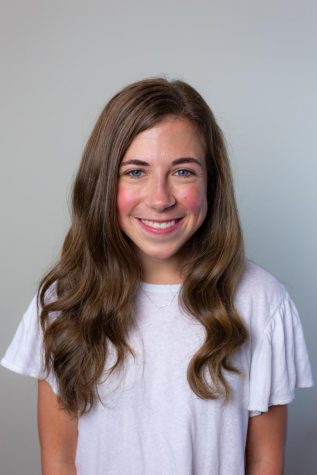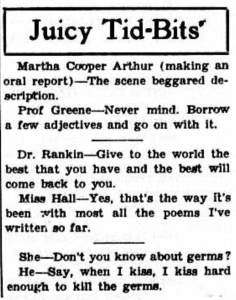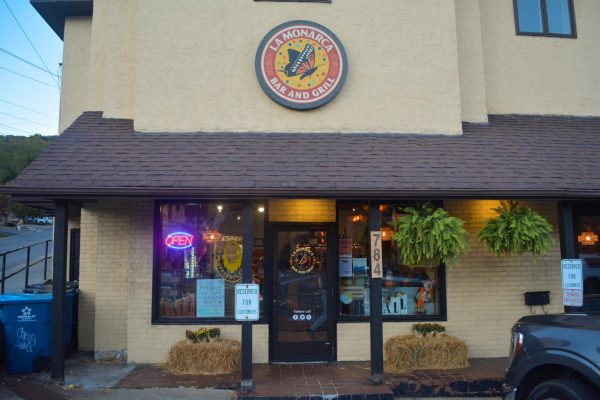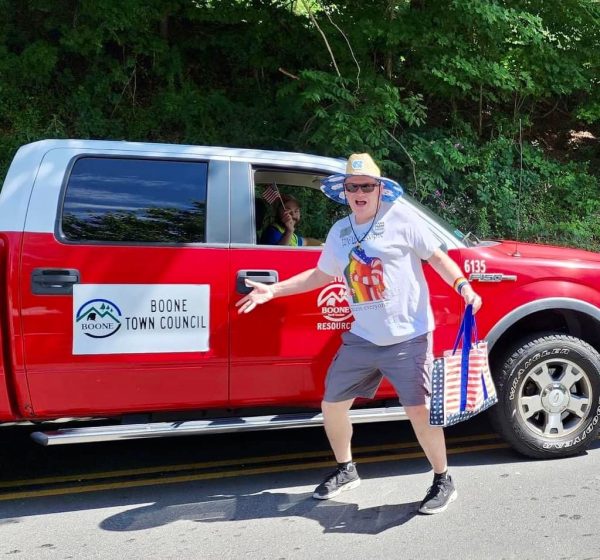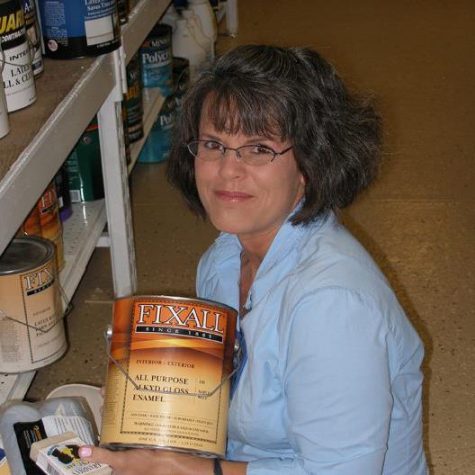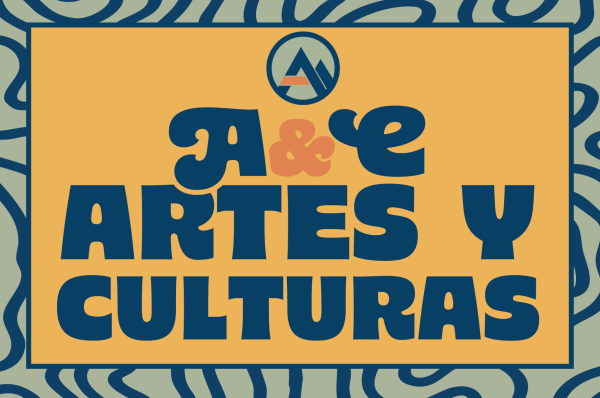TEAMS provides math and science teachers to “high need” schools
February 17, 2019
The Teaching for Equity in Appalachia in Mathematics and Science program aims to create teachers from those majoring in math and science fields.
The Robert Noyce Teacher Scholarship Program is a grant given in honor of famous physicist Robert Noyce, co-founder of Intel, given by the National Science Foundation.
Tracie Salinas first applied for the grant in 2015, and in the spring of 2016, the first group of students in the TEAMS program began taking classes.
“With Teaching Fellows being gone at the time, with Appalachian being a premier education institution, I thought ‘This is something we just need to do,’” Salinas said.
Students can join the program in three ways: if they are still completing their undergraduate coursework as a math or science related major, they can switch their major and get help from TEAMS. If the student is a senior, they can get a jumpstart into graduate coursework and continue the program after they graduate. Already graduated math and science related majors can also apply to graduate school and apply for the program.
Laura Heinen, who is in her first year of the program, said it’s cool because you don’t have to go through your whole undergraduate education knowing you want to be a teacher.
Teachers must also complete a year of teaching in a “high needs” district as determined by the NSF for every year of funding they received for their education.
The NSF defines a “high needs” district as one where at least one school meets the following criteria: 50 percent or more of students qualify for free and reduced price lunch, more than 34 percent of teachers at a secondary level do not have an undergraduate degree or a school whose teacher turnover rate has been 15 percent or more over the last three school years, according to the TEAMS website.
Katie Gray is a graduate of the TEAMS program who currently teaches biology at Watauga High School.
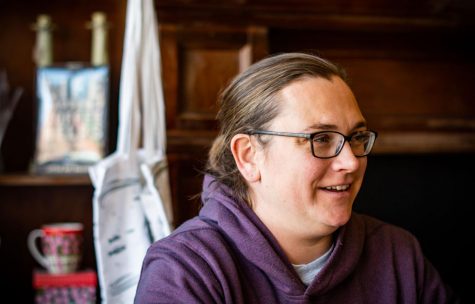
Katie Gray is a former student of the TEAMS Scholarship Program offered at App State. The program is centered on motivating students majoring in science or mathematics to pursue a career in teaching within their discipline. Gray is now a biology teacher at Watauga High School.
After college, Gray worked as a naturalist at Grandfather Mountain, where she said she kept trying to create recurring educational programs.
“A lot of people in my family are educators, so my whole undergrad experience I was like “I am not going to be a teacher,’ and then I kept trying to make every job I ever had into a teacher,” Gray said.
Gray said her parents kept trying to tell her that she belonged in the field of education. Once she accepted this, she decided to apply to graduate school.
She applied to graduate school, got in, got the TEAMS scholarship and got a job teaching all within a span of three weeks.
While in the program, students take graduate coursework and have mentors and group discussions often.
Heinen is currently taking most of her graduate coursework online and several undergraduate courses in-person. Heinen said most of her in-person classes are hands-on.
“It’s really nice to get some of that experience,” Heinen said.
Gray said the mentorship was one of the most helpful parts of the program.
“When you first start your career in any job, you’re worried that you’re not doing it correctly, and you need that reassurance,” Gray said
Heinen said in her class’ first group discussion student were introduced to the TEAMS faculty and would soon get paired with a mentor who is currently teaching.
While in group discussions, Gray said she learned a lot about how to act in the classroom from her peers, especially about inclusivity of LGBTQ students.
“You can say things and never show anything to actually mean it,” Gray said
Another aspect of the TEAMS program is a summit for all of the Robert Noyce Scholarship Programs across the country that happens every year. Gray attended last year.
“Sometimes you just need to be rejuvenated and remember why this is all so exciting and that was it,” Gray said.
Salinas said that she, Gray and another student presented at the summit last year.
Gray said she is grateful for the program, and thinks the idea of having the teachers teach in a “high needs” district is great.
“You get the top of the top educators that are graduating from App going into schools that need them,” Gray said.
The TEAMS program is currently in its final year of funding, but will apply for an extension for the money they have left over for the next year. After this, Salinas will reapply for the grant.

